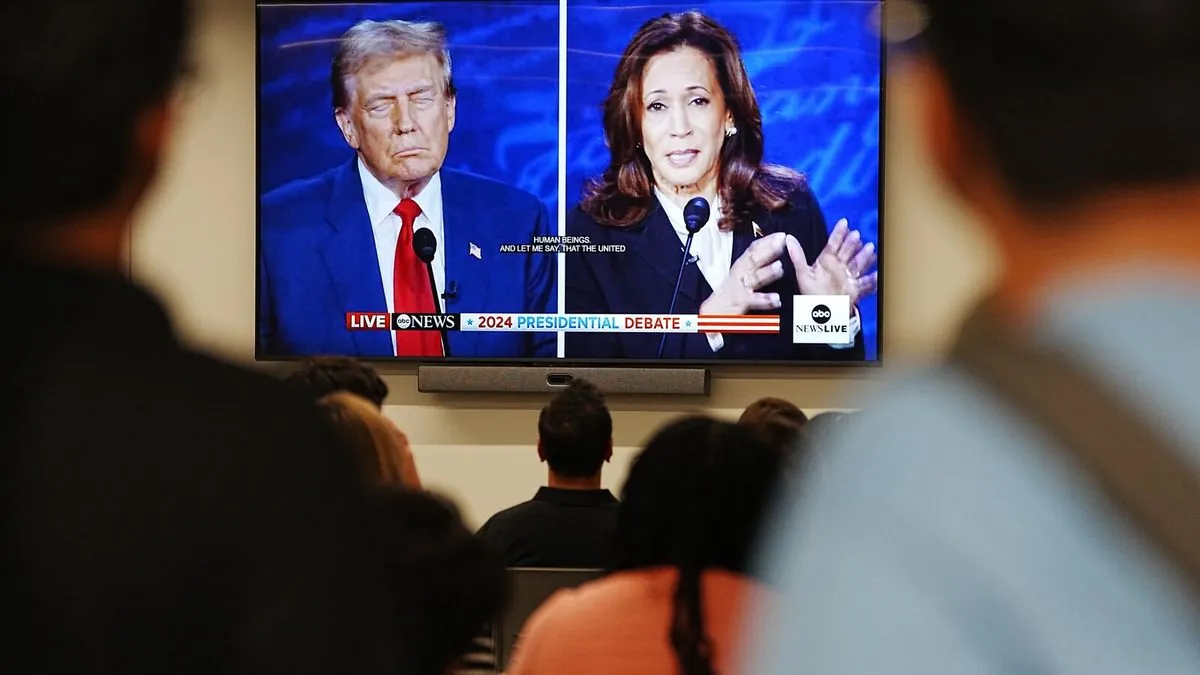U.S. Court Temporarily Allows Congressional Election Betting, Sparking Debate
A federal appeals court has temporarily lifted the ban on betting for U.S. Congressional elections, allowing Kalshi to resume operations. This decision has ignited discussions about election integrity and market regulation.

A federal appeals court has temporarily lifted the prohibition on betting for U.S. Congressional elections, permitting the New York-based startup Kalshi to resume its operations in this controversial market. This decision has reignited discussions about election integrity and the regulation of financial markets related to political outcomes.
The U.S. Court of Appeals for the District of Columbia Circuit dissolved its previous order that had prevented Kalshi from accepting wagers on which political party would control the House and Senate following the November 2024 elections. This ruling allows such betting to continue while the court further examines the underlying issues in the case.

The Commodity Futures Trading Commission (CFTC), established in 1974 to oversee futures and options markets, has been attempting to prevent such betting. The commission argues that political wagers are susceptible to manipulation and could further erode public confidence in the integrity of American elections. This concern is particularly relevant given the increasing use of artificial intelligence, deepfake technology, and social media to influence voter opinions and potentially sway election outcomes.
Yaakov Roth, an attorney representing Kalshi, confirmed that the company is now free to resume accepting such bets. However, as of the court's ruling, no such markets were listed on Kalshi's website. The company is seeking government approval and regulation for political betting, a practice that has historical precedents dating back to the 19th century in various forms.
Critics of the court's decision have voiced strong concerns. Stephen Hall, legal director of Better Markets, a non-profit advocating for public interest in financial markets, stated:
"Gambling on elections will create powerful new incentives for bad actors to interfere with our elections and sway voters outside of the democratic process. The use of AI, deepfakes and social media to manipulate voters and influence election outcomes has already become all too real. Ready access to an election gambling contract such as Kalshi's will intensify that danger with the promise of quick profits."
Similarly, Senator Jeff Merkley, a Democrat who has introduced legislation to ban all election betting, expressed his opposition:
"When we reduce our democracy to a horse race for the ultra-rich and huge corporations to bet on, we demolish the integrity of our democratic process and put corporate profits over people. Allowing big wagers with the ability to put the thumb on the scale is like allowing bets on ballgames when you also control the umpire. It is corruption, plain and simple. And it is corruption aimed at the heart of our democracy."
The debate surrounding political betting touches on various issues, including free speech, market regulation, and the potential for increased public engagement in the political process. Supporters argue that prediction markets, similar to political betting, have been successfully used in various fields to forecast outcomes and aggregate public knowledge effectively.
Kalshi currently offers a range of bets on diverse topics, including Netflix subscriber growth, Tesla production figures, and potential chart success for singer Chappell Roan. The company also provides wagers on political subjects such as President Biden's approval rating and the possibility of a TikTok ban by May 2024.
As the legal and ethical debates continue, the intersection of gambling and politics remains a contentious issue, with potential implications for the integrity of democratic processes and the regulation of financial markets in the digital age.


































